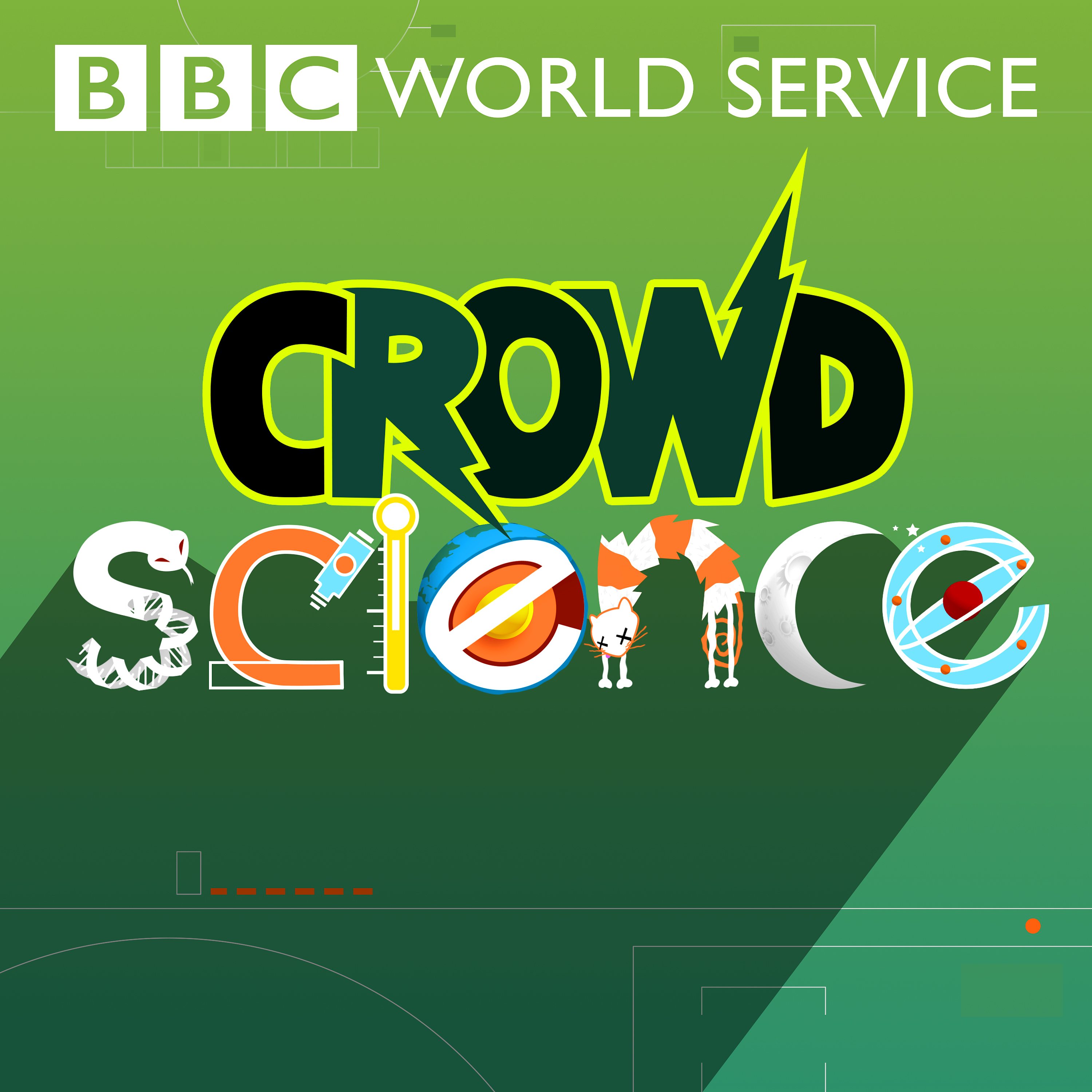
CrowdScience
Oct 20, 2023
Salmon are one of the world’s most popular fish. And - in terms of the size of the industry - they’re also the world’s most valuable. They provide crucial proteins and fatty acids to many people’s diets. But like other species of fish, their production is undergoing a historic change. Plenty of salmon is still caught from the wild, but the majority is now farmed off the coasts of countries like Norway or Chile. With global demand on the rise, listener Jodie from Australia wants to know: which is healthier, farmed salmon or wild?
CrowdScience’s Marnie Chesterton is on the case! Her first stop: a remote loch in the west of Scotland, where salmon company Mowi rears thousands of the fish in big, open-water nets. Marnie takes the chance to see for herself what salmon farming actually looks like. She then speaks to aquaculture nutritionist Stefanie Colombo, who researches the nutrient content of different types of salmon. Stefanie breaks down the health positives and negatives of each, as well as what causes some of these differences.
Crucially, farmed salmon will vary in nutrition depending on where you are in the world. Jodie, the listener who asked this week’s question, is from Australia so her fish will most likely come from Tasmania. Chemist Christian Narkowicz has been conducting chemical tests on the salmon there - he tells Marnie what he’s found.
When we ask which type of salmon is healthier, it’s also important to consider the issue of environmental health. Eilís Lawlor is an economist and the author of a report on externalities and unintended consequences of the global salmon industry. She and Marnie discuss problems of overfishing and environmental pollution.
It’s also necessary to understand where wild salmon comes from. Marissa Wilson, director of the Alaska Marine Conservation Council, explains her average day out at sea and talks about some of the consequences of industrial offshore fishing.
Finally, we ask if there’s a way to improve farmed salmon by moving it onto land? That’s Yonathan Zohar’s mission. In the basement of the Institute for Marine and Environmental Technology in Baltimore, USA, he keeps several tanks of salmon in artificial seawater, using bacteria to dispose of the waste. Is this where salmon farming is headed? Or is the future more complex?
Presenter: Marnie Chesterton Producer: Phil Sansom Production Co-ordinator: Jonathan Harris Editor: Richard Collings
(Photo: Atlantic Salmon jumping out of the water. Credit: Kevin Wells / Getty Images)

